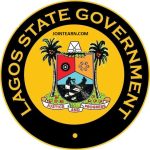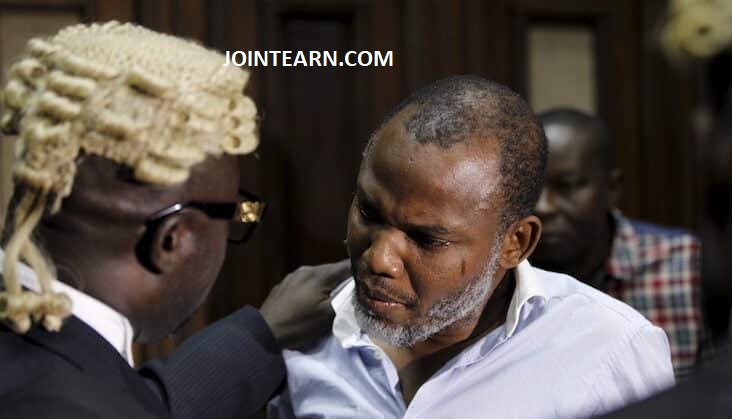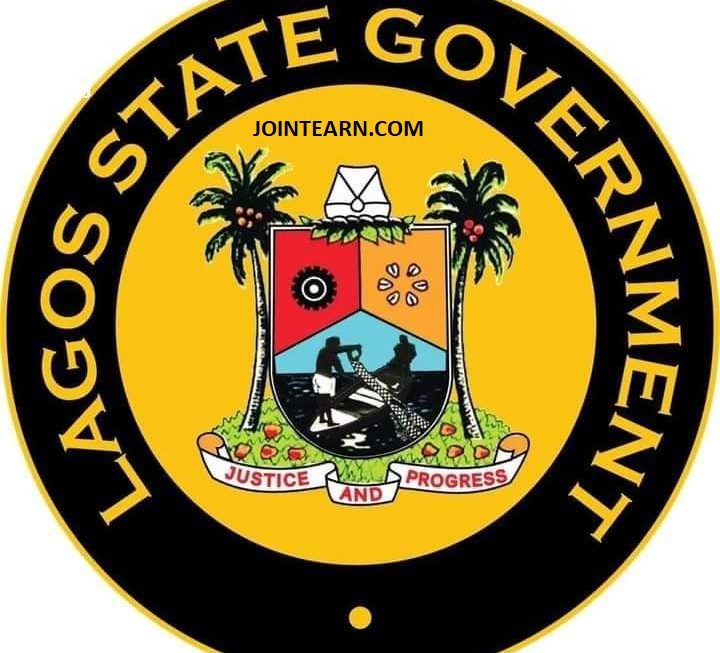The Federal High Court in Abuja has once again adjourned the trial of Nnamdi Kanu, the detained leader of the Indigenous People of Biafra (IPOB), following fresh submissions by the Department of State Services (DSS) detailing a list of items allegedly recovered from his possession. The case, which continues to draw national and international attention, was postponed to allow legal teams time to review and respond to the new evidence presented by the prosecution.
Justice Binta Nyako, who is presiding over the matter, ruled in favor of the adjournment after both the prosecution and defense agreed that more time was needed to properly examine the materials presented by the DSS. The court is expected to resume hearing the case on the newly scheduled date in May 2025.
During the session, the DSS submitted a detailed inventory of items allegedly found in Kanu’s possession at the time of his arrest and subsequent detention. These items, according to the prosecution, could be used to support charges against him related to treasonable felony, incitement, and unlawful association.
The list, which was read out in court and later made available to the media, includes:
-
Two laptops containing digital correspondence, alleged communication records with members of the outlawed IPOB group, and broadcast content linked to Radio Biafra.
-
Multiple mobile phones, some of which were encrypted and required expert decryption to access their stored data.
-
Foreign currency notes, including US dollars, euros, and pounds sterling—allegedly suggesting international funding links.
-
Dozens of SIM cards, both local and international, believed to have been used for secure communication and coordination with IPOB members in Nigeria and abroad.
-
Documents and printed materials—including pamphlets, manifestos, and IPOB-related publications that the DSS claimed could serve as propaganda materials.
-
A satellite phone, which is commonly used in areas with restricted or no access to conventional cellular networks.
-
Hard drives and USB devices allegedly containing video and audio files of previous broadcasts and strategic plans.
-
Flags, insignias, and IPOB-branded materials, further suggesting continued allegiance to the proscribed group.
-
A bulletproof vest and other protective gear, which the prosecution alleged were in preparation for “militant activity.”
-
A detailed map of Nigeria with sections marked and annotated, supposedly highlighting secessionist ambitions and plans for IPOB activities.
The DSS has argued that the collection of these materials forms part of the evidence that supports the government’s claims that Kanu was actively coordinating subversive actions from within and outside the country. The prosecution further stated that forensic analysis is ongoing on some of the digital equipment to extract more data that may be used in court.
Kanu’s legal team, led by prominent human rights lawyer Ifeanyi Ejiofor, however, dismissed the list as “routine possessions” and accused the DSS of attempting to paint a biased narrative. Ejiofor emphasized that none of the items recovered constituted concrete evidence of any crime and argued that Kanu’s continued detention was a violation of his fundamental rights.
“The presence of mobile phones, laptops, or documents does not prove any crime. This is an attempt to criminalize expression and political opinion. Our client is a prisoner of conscience who has not been given a fair trial,” Ejiofor said outside the courtroom.
He also reiterated demands for Kanu’s unconditional release, citing previous rulings from foreign courts and the United Nations Human Rights Council which had questioned the legality of his extradition to Nigeria.
The trial has been closely followed since Kanu was rearrested in 2021 and returned to Nigeria under controversial circumstances. His initial arrest in 2015 and subsequent bail in 2017 were followed by a period of self-exile before his dramatic reappearance in custody.
Kanu faces multiple charges, including treasonable felony, terrorism, and managing an unlawful group, all stemming from his role as the leader of IPOB—a group that the Nigerian government proscribed as a terrorist organization in 2017. Despite the ban, IPOB maintains that it is a peaceful organization campaigning for the independence of the southeastern region of Nigeria, which it calls Biafra.
The latest adjournment adds to the long list of delays that have plagued the case, fueling criticism from rights groups and observers who argue that the prolonged trial violates due process.
Tensions remain high in the southeastern region as supporters of Kanu continue to demand his release. Occasional protests, sit-at-home orders, and clashes with security forces have been reported in recent months, further underscoring the political and security implications of the ongoing trial.
With the next court date now set for May, all eyes remain on how both legal teams will handle the new revelations and whether the evidence presented will significantly impact the outcome of the high-profile case.












